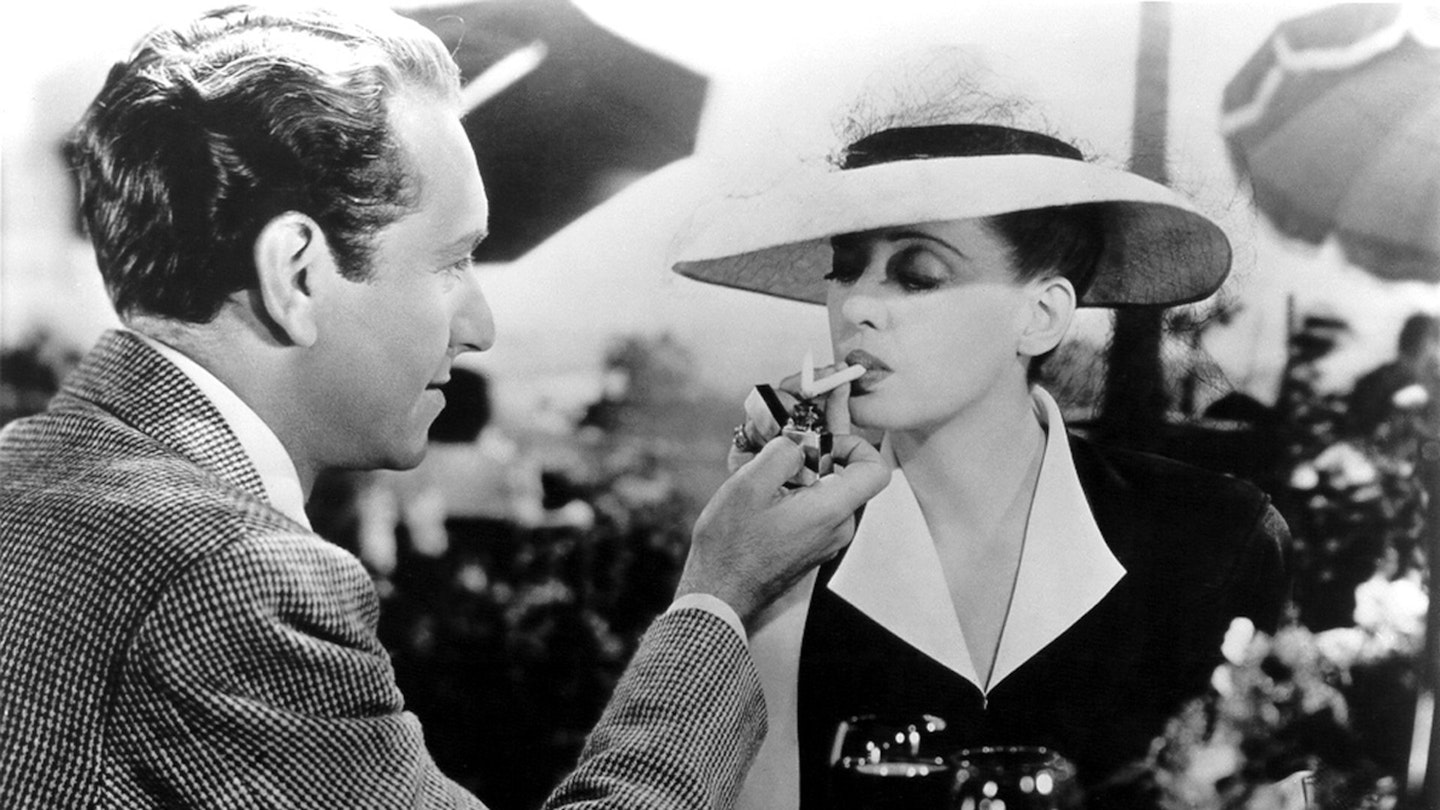Taking its title from a line in Walt Whitman's poem, Leaves of Grass, this classic Warners melodrama was adapted from a novel by Olive Higgins Prouty, who had also written that durable potboiler, Stella Dallas. Producer Hal B. Wallis initially conceived the project as a vehicle for Irene Dunne and considered Norma Shearer and Ginger Rogers before alighting on Bette Davis.
On its release, the film was renowned for the sequence in which Paul Henreid lit two cigarettes and handed one to Davis, and her climactic line about not wishing for the moon when she had the stars. But the critics were less than respectful in their haste to consign it to the tearjerking margins of the woman's picture - territory that has since been reclaimed by genre scholars, who revealed how adroitly director Irving Rapper and screenwriter Casey Robinson exploited generic convention to produce a solid piece of studio art.
Rapper's direction is particularly effective for a Broadway exile who was still in his first year behind the camera after serving as a dialogue coach on a handful of William Dieterle pictures. Most notable are his use of expositionary conversations and close-ups of isolated body parts (mostly of her craft-working hands) to anticipate Charlotte's entrances at different times in her development and the employment of Max Steiner's Oscar-winning love theme to unite Charlotte and Jerry within the frame (such as during the Latin interlude and the dinner at which they have to suppress their emotions) and when they are apart, after he returns to his manipulative wife and she contemplates a future with Boston widower, Elliot Livingston.
Even a reliance on the old device of flickering pages to emphasise (and justify) the novelettish nature of the narrative pays off. As does the ingenious denouement, which archly remains within Production Code restrictions while giving Charlotte the love she craves and the chance to rectify her own spoilt youth, while also leaving her to enjoy her new-found independence. Few Hollywood pictures of the time played so fast and loose with filmic and moral tradition.
